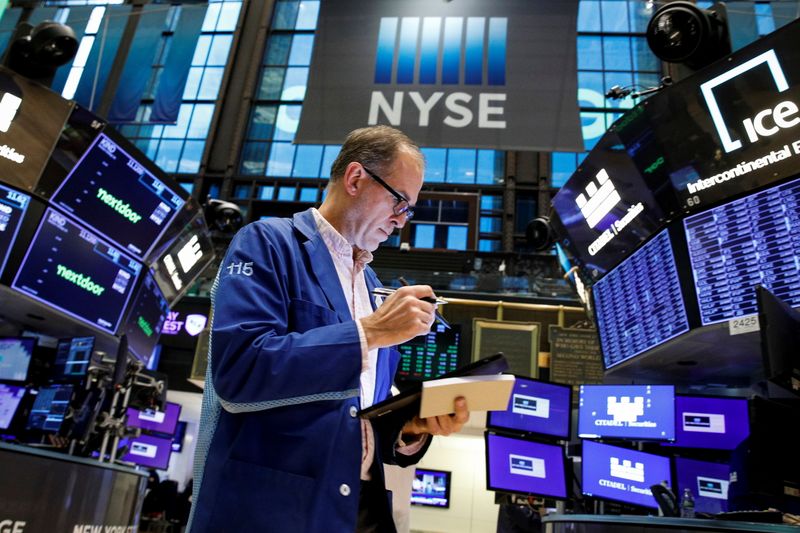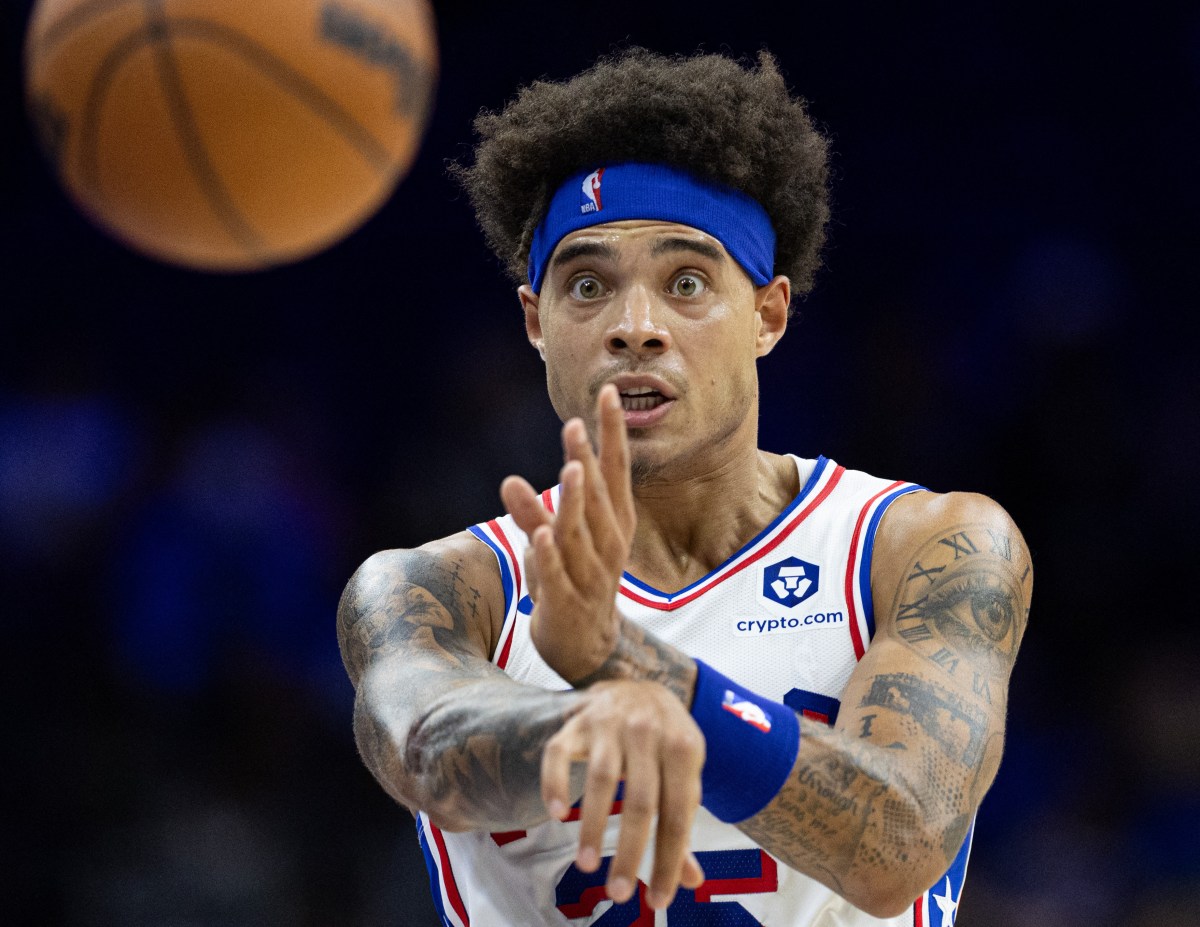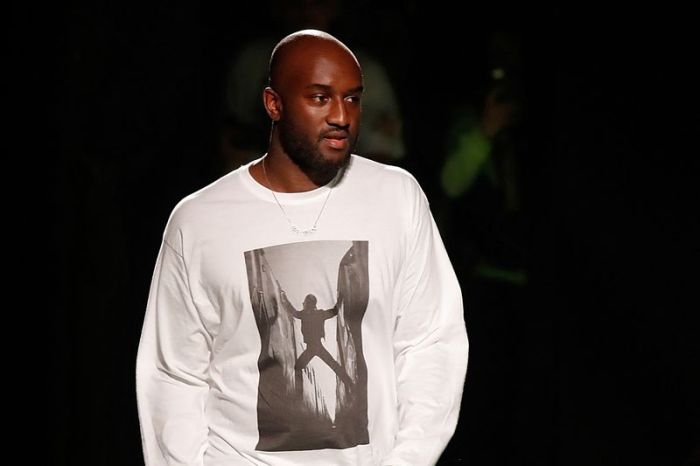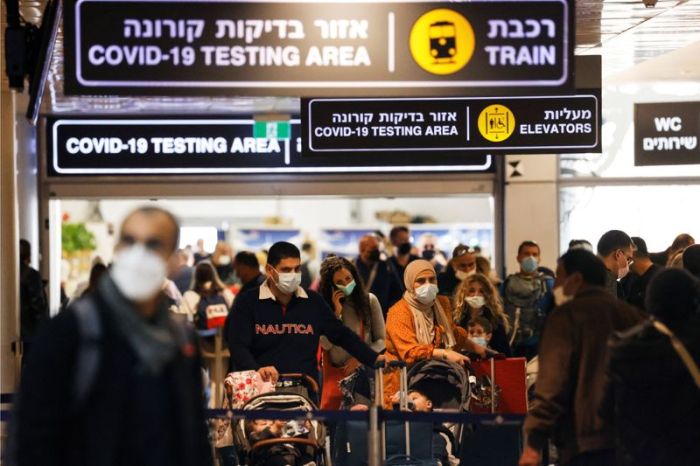(This Nov. 26 story corrects firm name in 6th paragraph to “Globalt” from “Global”)
NEW YORK (Reuters) – U.S. stocks closed lower on Friday, with the Dow and S&P 500 suffering their biggest one-day percentage drops in months, and pandemic-hit sectors that had gained from a reopening falling sharply after a new coronavirus mutation was found.
Authorities worldwide reacted with alarm on Friday to the coronavirus variant found in South Africa, with the European Union and Britain among those tightening border controls as researchers sought to establish if it was vaccine-resistant.
Cruise operators Carnival Corp, Royal Caribbean Cruises and Norwegian Cruise Line each plunged more than 10%, while shares in United Airlines, Delta Air Lines and American Airlines also tumbled. The NYSE Arca Airline index fell 6.45% in its biggest one-day percentage decline since September 2020.
Retailers dropped 2.04% as Black Friday kicked off the holiday shopping season with worries that the new variant would depress store traffic and curb supply.
Selling was broad, with big declines of more than 1% in all 11 major S&P sectors except healthcare, which fell just 0.45% thanks to COVID-19 vaccine makers Pfizer Inc rising 6.11% to close at a record high of $54, and Moderna Inc jumping 20.57%.
“It is déjà vu all over again for like the eighth time,” said Keith Buchanan, senior portfolio manager at Globalt Investments in Atlanta.
“What we understand about this variant could accelerate over the weekend, if there is more concerning news than good news, a lot of people don’t want to be holding risk assets on Monday morning, or are afraid of what that could look like Monday morning.”
Despite the sell-off, market participants noted the drop was likely exaggerated by the thin volume during the shortened post-Thanksgiving holiday session.
The Dow Jones Industrial Average fell 905.04 points, or 2.53%, to 34,899.34; the S&P 500 lost 106.84 points, or 2.27%, to 4,594.62; and the Nasdaq Composite dropped 353.57 points, or 2.23%, to 15,491.66.
The domestically focused Russell 2000 small-cap index fell 3.67%. Both the S&P 500 and small cap Russell index posted their biggest one-day percentage drops since Feb. 25.
The S&P 500 banks index dropped 3.87% as investors dialed back expectations of faster U.S. interest rate hikes. Energy, this year’s best performing sector, dropped 4% on the day, its biggest decline in more than eight months, as crude prices plunged $10 a barrel.
Elevated U.S. inflation, coupled with strong economic data and the renomination of Jerome Powell as Federal Reserve chair by U.S. President Joe Biden, had fueled expectations the central bank might hike interest rates sooner than expected.
The CBOE volatility index, popularly known as Wall Street’s fear gauge, hit its highest level since early March.
Stocks such as Netflix Inc, Peloton Interactive and Zoom Video Communications, known as “stay-at-home” names, all scored solid advances.
Declining issues outnumbered advancers on the NYSE by a 5.84-to-1 ratio; on Nasdaq, a 3.96-to-1 ratio favored decliners.
The S&P 500 posted seven new 52-week highs and 23 new lows; the Nasdaq Composite recorded 18 new highs and 334 new lows.
(Reporting by Chuck Mikolajczak; Editing by Richard Chang)























